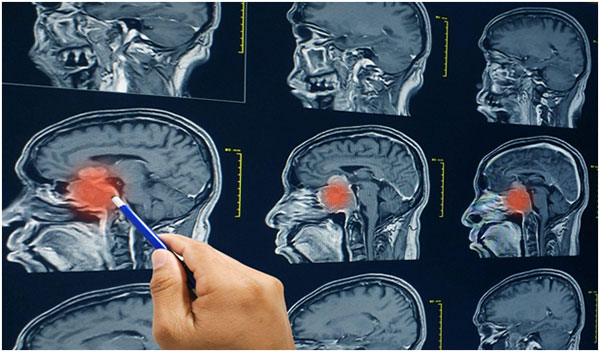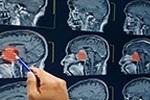<
While you weren't looking, a lot has been happening in radiology. Advancements in medical imaging in the last decade have revolutionized the medical world. Imaging plays a central role in the treatment and diagnosis of disease. With recent advances in imaging technology, medical providers are fine-tuning your healthcare.
Diagnostic imaging such as ultrasonography, x-rays, MRIs, and CT scans are changing the future of medicine with 3D holographic models that show complete anatomical detail, offering visibility into the human biological system. Medical imaging innovators continue to improve the world of medicine.
Medical imaging plays a central role in medicine today and strongly influences diagnoses and treatments of diseases. Medical imaging encompasses ultrasonography, X-rays, MRIs, and CT scans. Medical technologies strongly influence how doctors encounter and treat patients, and better understand their ailments and complaints. Diagnostic imaging allows a thorough examination of the body's interior for changes or anomalies.
Ultrasonography
4D sonography is here, bringing a whole new dimension to ultrasound exams. An ultrasound or sonography imaging uses high-frequency waves to produce an image. Providers use diagnostic ultrasounds to view internal parts of your body to see if something is wrong or not working correctly. An ultrasound can give your provider information about what's causing a wide range of symptoms, such as unexplained pain, masses (lumps), or what may be causing an abnormal blood test.
X-Ray
X-ray imaging is a low-cost, powerful technology extensively used in medical diagnosis. Radiologists often use X-ray technology to take pictures of the organs inside your body. X-ray technology is a life-saving tool that can detect changes in the human body, monitor the progression of diseases, and even aid in life-saving emergency medical procedures. The latest advancement in the field is the world's first 3D color X-rays of the human body. This advancement will bring a bright future in healthcare.
MRI
MRI scan is a powerful imaging technique that uses magnets instead of radiation to create images of the body. MRI is a noninvasive way for your doctor to examine your organs, tissues, and skeletal system and produces high-resolution images. MRI helps diagnose multiple sclerosis, stroke, tumors, and brain injuries, among many other conditions. With the recent advancements in MRI imaging, we may soon be able to monitor a surgery in real time.
Computed Tomography (CT scans)
The latest CT scan allows a noninvasive way to get the same information as the previous invasive catheter angiography. A CT scan produces images of a cross-section of your body. It takes pictures that show very thin "slices" of your bones, muscles, organs, and blood vessels. Radiologists evaluate injuries and trauma with a CT scan if they can gauge the progression of diseases such as cancer and spinal cord disease. The process takes 10-25 minutes and is faster, safer, and cheaper than previous CT scans.
Advanced imaging technology is crucial in diagnosing and treating health conditions and diseases. Houston MRI offers a wide range of state-of-the-art diagnostic imaging services to help your doctor accurately diagnose your unique condition.
Our mission at Houston MRI ® & Diagnostic Imaging is to provide patients and physicians affordable medical diagnostic imaging in a warm and patient-friendly environment. It is our goal to make the medical imaging procedure as pleasant as possible. Our promise to our communities is "hospital quality imaging without the hospital costs" with efficient service to both our patients and physicians.



